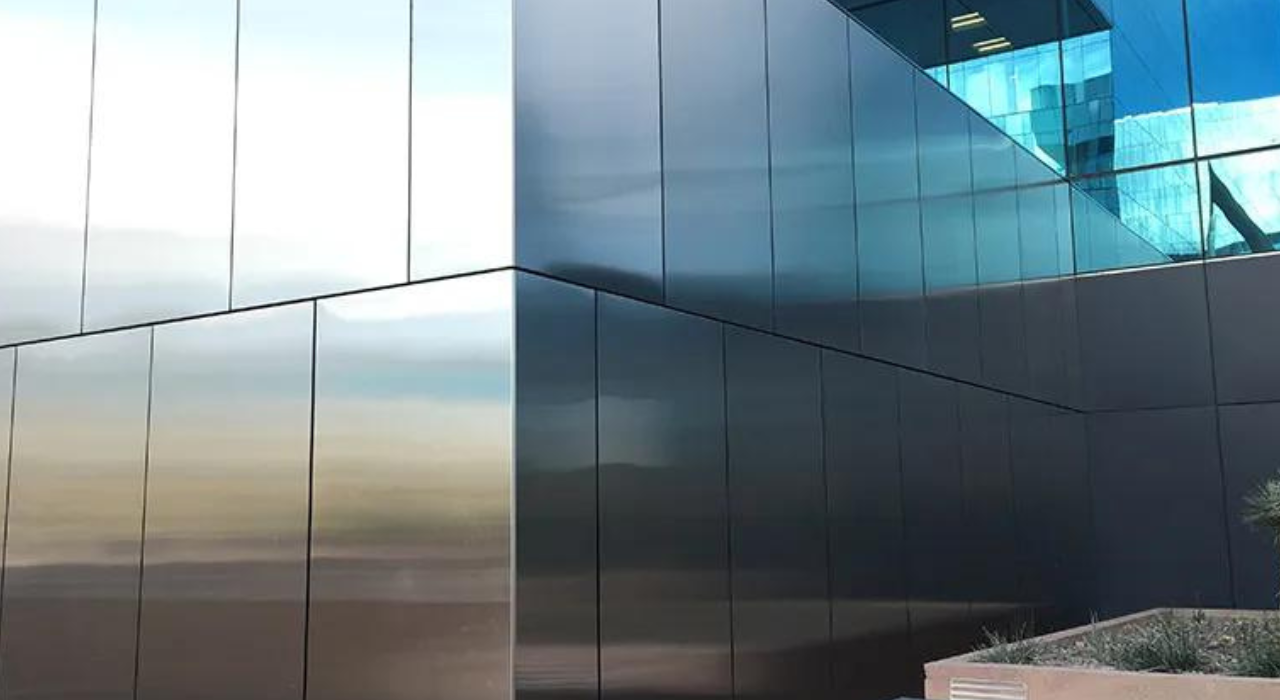Aluminum facades are exterior building cladding structures made from aluminum panels. They're valued for their light weight, durability, and low maintenance. Aluminum facades provide top-notch corrosion resistance, making them appropriate for diverse climates. They can be custom-designed in terms of color, finish, and layout, including options like powder coating and anodizing.
Aluminum is likewise quite recyclable, contributing to its environmental sustainability. The setup system entails mounting panels on a structural framework, and while aluminium facade are commonly low-preservation, they do require everyday cleansing and inspection to ensure certain durability. They're commonly used in industrial and residential buildings.
Facades in Extreme Weather Conditions
Aluminum facades are increasingly more popular in cutting-edge structures, regarded for their sleek appearance and durability. But, their performance in intense climate situations is an important aspect to not forget.
Heat Resistance
It is especially protective against warmness, making it a super material for facades in regions experiencing high temperatures. The material's thermal conductivity allows for the dissipation of warmness efficaciously, lowering the threat of thermal strain. aluminum facades are often coated with special finishes that replicate daylight and in addition, enhance their thermal performance. These coatings help maintain the structural integrity of the facade and save you deformation because of extended publicity to excessive temperatures.
Cold Resistance
In extremely cold climates, facades additionally perform admirably. The material keeps its electricity and flexibility even at low temperatures, stopping brittleness and cracking. Present-day facade systems are designed with thermal breaks that minimize warmth switch between the outside and indoors, retaining indoor consolation and reducing heating prices. Those thermal breaks are vital in stopping condensation and frost formation on the interior surfaces of the facade, which could cause moisture-associated troubles consisting of mold increase and structural harm.
Wind and Storm Resistance
Aluminum facades are engineered to face up to high wind loads and intense storms. Their inherent power and lightweight residences allow for a strong structural layout without including great weight to the building. Well-mounted facades can face up to wind strain and impact from flying particles, ensuring the safety and sturdiness of the constructing envelope. Contemporary engineering techniques and advanced anchoring structures further decorate the wind resistance of facades, making them appropriate for regions at risk of hurricanes and typhoons.
Rain and Moisture Resistance
Aluminum facades provide first-rate resistance to rain and moisture. The material no longer takes in water, preventing issues related to swelling, warping, and rot which can be common with different facade substances like timber. Aluminum's non-porous nature ensures that water does now not penetrate the facade, protecting the building's structural additives and indoor areas from water damage. Furthermore, facades are often designed with powerful drainage structures that channel water far from the building. Those systems prevent water accumulation and ensure that the facade stays dry and purposeful even at some point of heavy rain.
Corrosion Resistance
One of 's most huge advantages is its herbal corrosion resistance. While uncovered to air, bureaucracy a skinny oxide layer that protects it from similar oxidation and corrosion. These assets make facades particularly suitable for coastal areas and industrial environments where the air consists of excessive tiers of salt or pollutants. To decorate corrosion resistance in addition, facades can be dealt with with anodizing or powder coating. Those treatments now not simplest enhance corrosion resistance but additionally provide aesthetic advantages, taking into account a wide variety of colors and finishes.
Final Words
Aluminum facades are a resilient and flexible choice for building in severe climate situations. Their overall performance in warmth, cold, wind, rain, and corrosive environments demonstrates their durability and adaptability. The combination of inherent material building and advanced engineering answers makes facades a reliable and sustainable choice for present-day structures. By selecting facades, architects and developers can make certain that their building's most effective appearance is modern and stylish.


